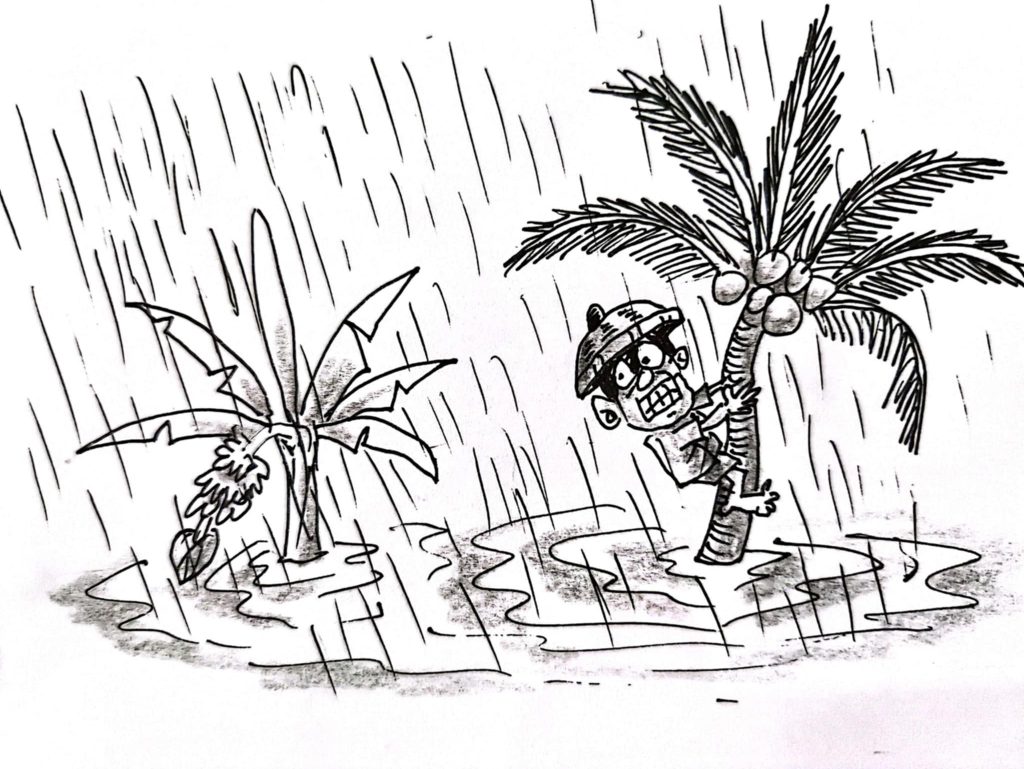Continuous rains and invading floodwaters are ruining extensive portions of farmlands, rotting crops in the fields before they can be reaped. The devastation is tremendous, jeopardizing the country’s food supply and destroying the lives of farmers who plow the fields. If permitted to continue, what is left of farm investments would be nothing but debt, and what is left for people to eat would be nothing but desperation.
Golden fields of ripening rice are now and look like stagnant lakes, their harvests wasted to weeks of immersion. Cornfields and vegetable gardens that could have nourished families and provided market vendors with sustenance now remain idle to rot their shells beneath mounted piles of mud. The damage this has done to the farmers is astronomical—seeds, fertilizers, and work rendered useless as waters engulfed everything in one swoop. Meanwhile, consumers face skyrocketing prices, as the lack of local produce pushes them to depend on expensive imports.
Food security is now a very real crisis in the making rather than something to be expected in the future. Should farming losses persist, the nation would be heavily reliant on overseas producers, and that reliance would come at an expense. The expense of importation is shouldered by regular folk who are compelled to cut back on their meager earnings just to make ends meet. Without food grown here, economic vulnerability increases and hunger is a problem not merely for the poorest but for everyone in the nation.
The failure of the government to anticipate deteriorating weather has contributed to the crisis. There ought to have been flood defenses, sustainable drainage, and pre-emptive relief to affected farmers way before the waters began rising. There are knee-jerk band-aid solutions only—cash assistance that reaches a few, meager subsidies, and hollow promises that do nothing to alleviate the pain of those who have lost their source of livelihood.
The country must act swiftly. Farming infrastructure must be transformed to be weather-resistant against calamities, and relief work must be made temporary, paving the way for permanent solutions. The flood-affected areas must be provided with better irrigation and water diversion systems so that no more harm can come to them. The farmers do not need to bear this loss; they need to be reimbursed immediately and given technology to go back to farming. Without such intervention, the fields will remain uncultivated, and the people’s tables will remain bare.




